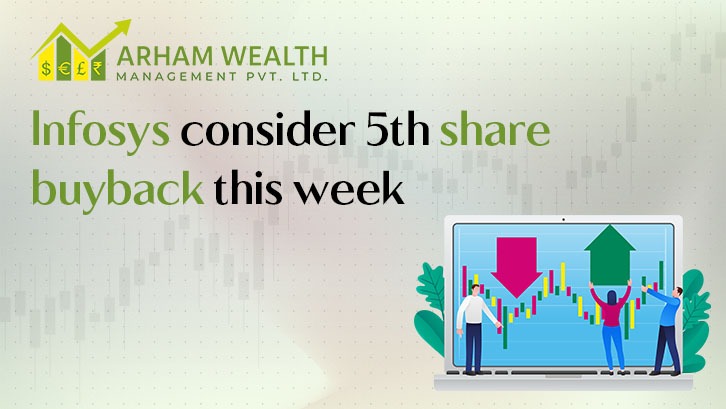


"The Board of Directors (“Board”) of Infosys Limited (“Company”) will consider a proposal for buyback of fully paid-up equity shares of the Company at its meeting to be held on September 11, 2025, in accordance with the Securities and Exchange Board of India (Buy-Back of Securities) Regulations, 2018, as amended," Infosys said in a regulatory filing dated Monday.
"The outcome of the Board meeting will be disseminated to the stock exchanges after the conclusion of the Board meeting on September 11, 2025, in accordance with the applicable provisions of the LODR Regulations," the Bengaluru-based company added.
If approved, this will be the fifth share buyback to be conducted by Infosys.
Infosys launched its first share buyback in 2017, valued at 13,000 crore. The tender offer was executed at a price of 1,150 per share, enabling Infosys to repurchase around 11.3 crore shares.
The company announced its second buyback in 2019 when it repurchased shares worth ?8,260 crore.
Continuing its policy of returning surplus cash, Infosys announced another open market buyback in 2021. The size was pegged at 9,200 crore, with a maximum price of 1,750 per share. This came at a time when the IT sector was witnessing robust demand amid global digital transformation.
The last buyback was conducted by the company in 2022 when it bought back shares worth 9,300 crore at 1,850 per share.
The share buyback proposal is expected to fire up Infosys' stock price. The announcement comes at a time when the Indian IT services sector has been going through a slowdown for a long period.
The share buyback, or repurchase, reduces the number of outstanding shares and increases the EPS (since profit is spread over fewer shares). Higher EPS can improve stock valuations and attract investors.
Besides, companies conduct share buybacks to reward shareholders by buying back shares and returning excess cash on their books to investors. The share buyback price is generally at a premium to the prevailing market price.
A share buyback is also conducted to signal that management believes the company’s shares are undervalued.
It sends a positive message to the market that the company thinks its stock is worth more than its current price.
source moneycontrol